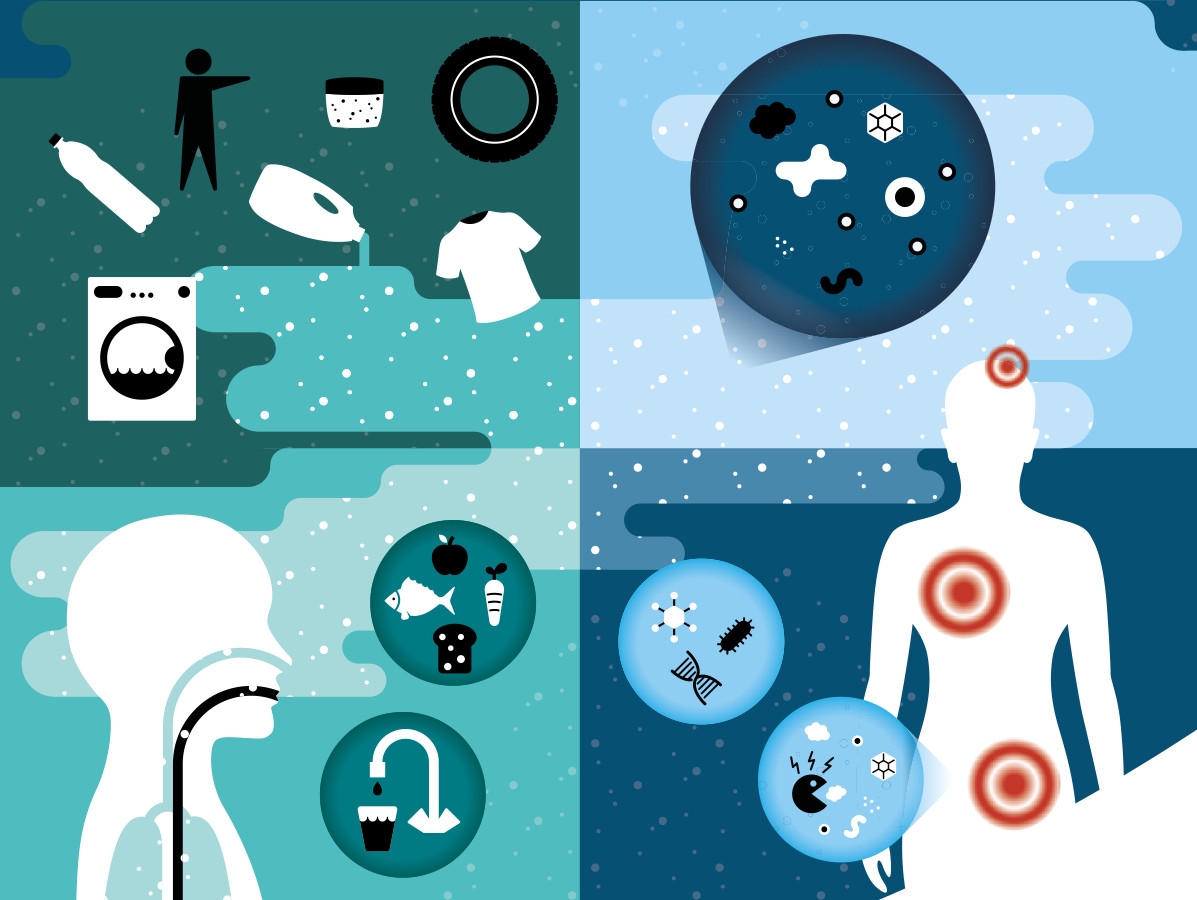
On Monday 11 January 2021, the knowledge agenda on microplastics and health was presented to Stientje van Veldhoven, State Secretary for Infrastructure and Water Management. Commissioned by the Ministry of I&W, ZonMw conducted a study to explore the need for knowledge on microplastics and health. This resulted in the knowledge agenda 'What do microplastics do in our bodies? This knowledge agenda has been worked on with various relevant parties; researchers, companies, policy makers and NGOs and stakeholders.
The Netherlands is one of the first countries to fund research into the health effects of microplastics. This is a great first step, but follow-up research is badly needed. In the knowledge agenda, the recommendation for the continuation of follow-up research clearly emerges. Fundamental research remains important and must also be expanded to include research into exposure. Many parties have a great need for this knowledge, both from plastic producing and processing parties who strive for a circular economy, and from organizations responsible for water, air and food quality.
The main message from the knowledge agenda is that more research is needed. ZonMw, TNO and Health~Holland, together with various knowledge institutions and the business community, are taking the first step towards this. They are jointly funding the MOMENTUM consortium to the tune of 5.4 million euros. The aim of this consortium is to determine and ultimately prevent the effects of micro- and nanoplastic particles (MNPs) on human health. For this purpose, first of all methods are developed to analyze and measure MNPs in the human body, and then to investigate where in the human body these plastic particles can possibly be absorbed. This can be through the respiratory and gastrointestinal tracts, and it is questionable whether plastic particles can enter the brain or the unborn child. Finally, the effects of MNPs on our immune system are also being investigated.
The MOMENTUM consortium builds on the 15 breakthrough projects that started in spring 2019 within the ZonMw research program Microplastics & Health. These projects focused on the same topics. "We actually know very little about whether MNPs are absorbed in the body," explains Juliette Legler (UU), Professor of Toxicology and project leader of MOMENTUM. "We have the first indications for that, but are now going to analyze that in many more samples, both in human blood and different tissues. That will help us to better map the exposure in humans and find out how bad this exposure is. In addition, we also want to inventory the effects of MNPs. If we know what is actually absorbed in the body and what the effects are, we can work with industry to find solutions to prevent exposure."
Source: ZonMw